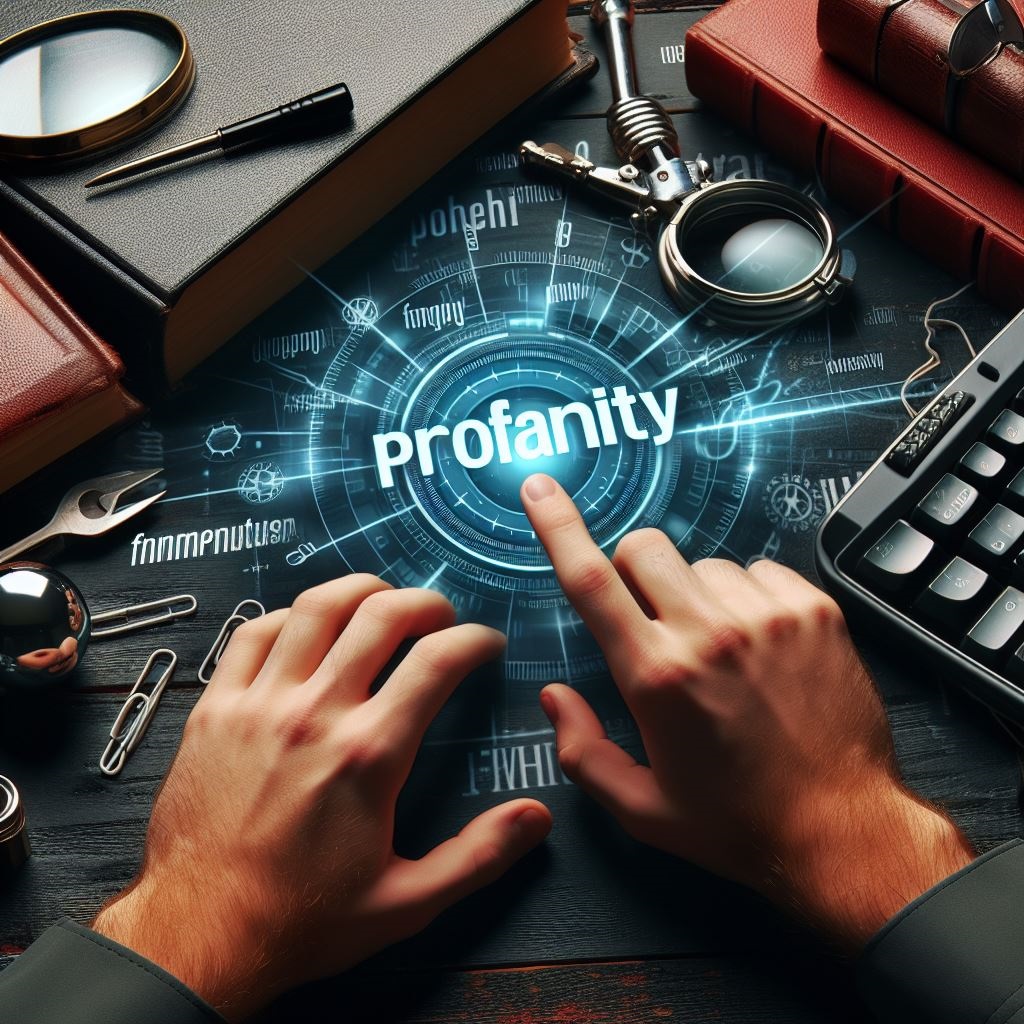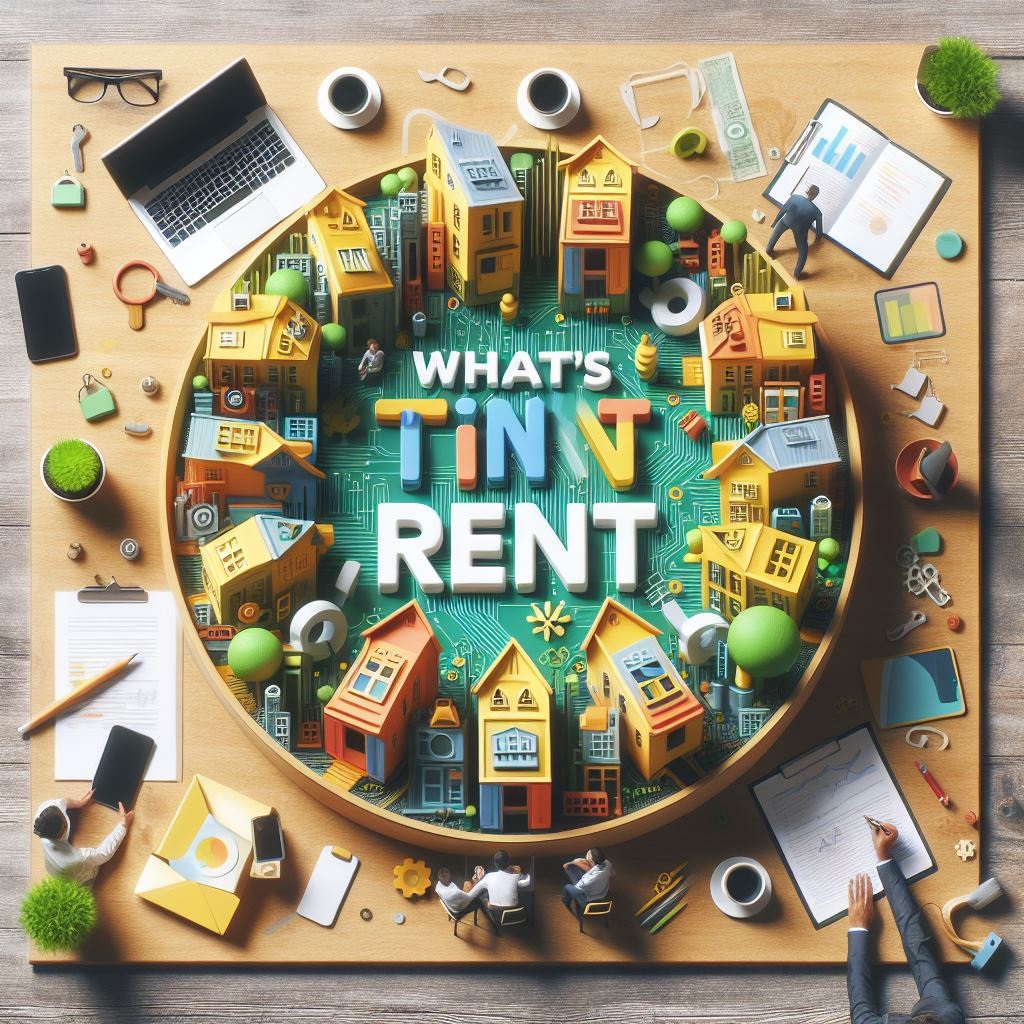Profanity, or the use of taboo words, has been a part of human language for centuries. However, with the rise of technology and social media, profanity has become more prevalent and accessible than ever before. This has sparked debates about the impact of profanity’s in society, particularly when it is used over public airways. In this article, we will explore the effects of profanity’s and its role in shaping our culture.
The Evolution of Profanity

The use of profanity has evolved over time, with words that were once considered taboo becoming more accepted in modern society. This can be seen in the media, where words that were once censored are now commonly used in movies, TV shows, and music. This normalization of profanity’s has led to its increased use in everyday language, especially among younger generations.
The Power of Words

Words have the power to shape our thoughts and actions. Profanity, in particular, can evoke strong emotions and reactions from both the speaker and the listener. It can be used to express anger, frustration, or even humor. However, the use of profanity’s can also be harmful and offensive, especially when directed towards a specific group of people.
Impact on Children

One of the main concerns about the use of profanity is its impact on children. With the widespread use of technology and social media, children are exposed to profanity’s at a younger age than ever before. This can desensitize them to the power and impact of these words, leading to a lack of respect for language and others. It can also affect their language development and social interactions.
Over Public Airwaves
The use of profanity over public airways, such as on TV or radio, is a highly debated topic. While some argue for freedom of speech and expression, others believe that profanity should be censored to protect children and maintain a level of decency in society. The Federal Communications Commission (FCC) regulates the use of profanity’s over public airways and imposes fines on broadcasters who violate their guidelines.
The Role of Context
The context in which profanity is used also plays a significant role in its impact. For example, using profanity in a casual conversation with friends may be seen as acceptable, but using it in a professional setting or directed towards someone in a derogatory manner is not. It is important to consider the context and audience before using profanity.
The Bottom Line
Profanity has become a part of our everyday language, and its impact on society is undeniable. While it can be used to express emotions and create a sense of camaraderie, it can also be harmful and offensive. As a society, it is important to consider the impact of our words and use profanity responsibly. Do you think profanity’s should be censored over public airways? How has the use of profanity evolved in your lifetime? Share your thoughts in the comments below.
For more information, visit: Clochant




